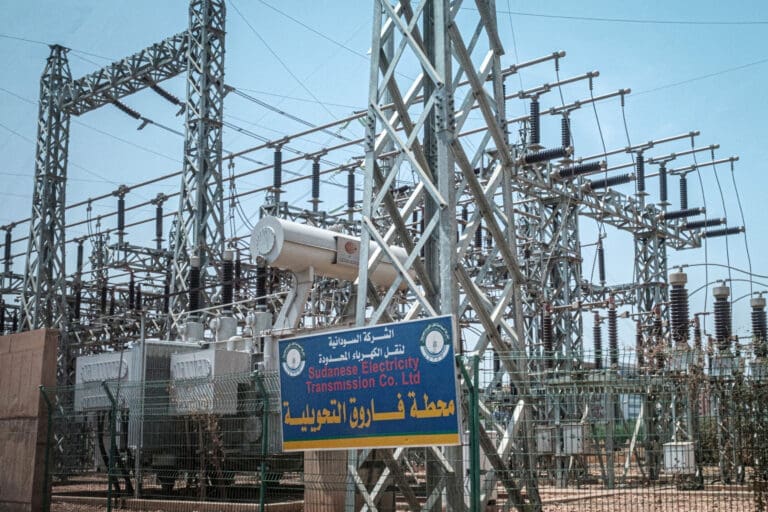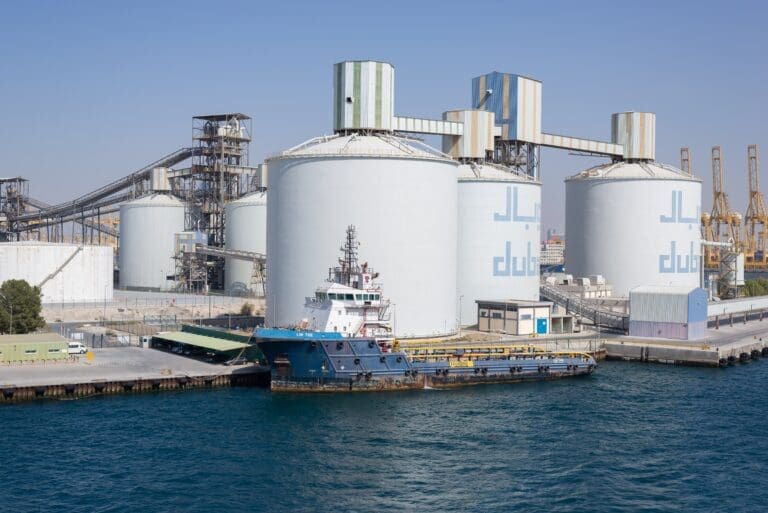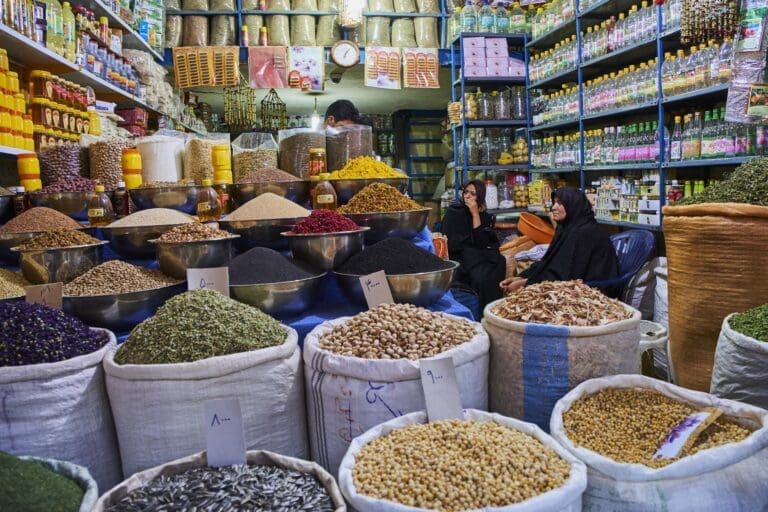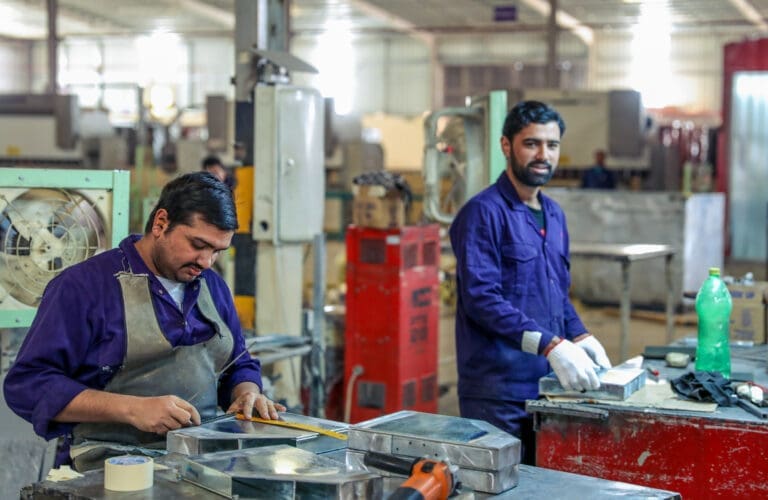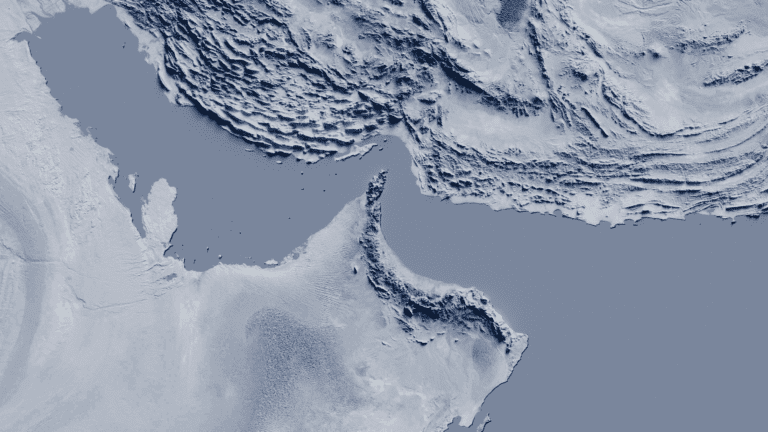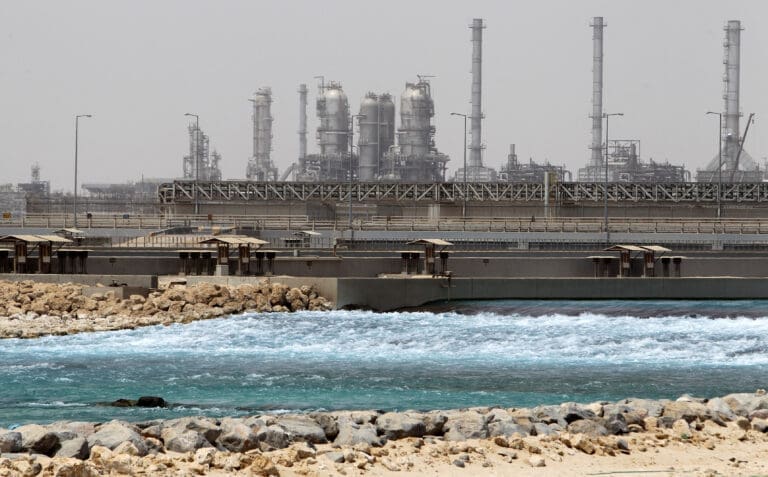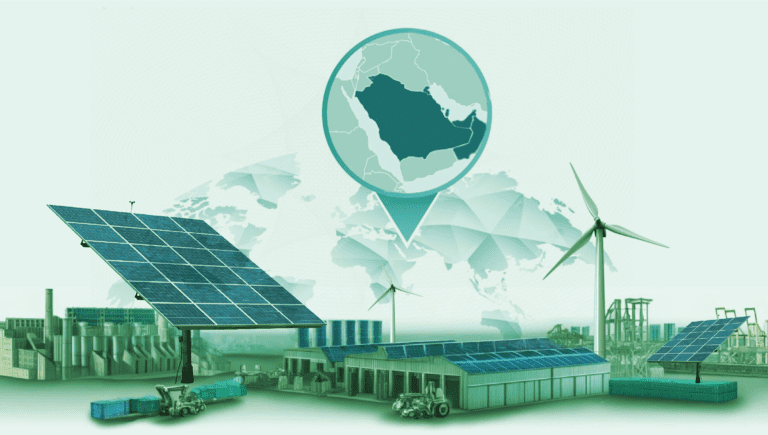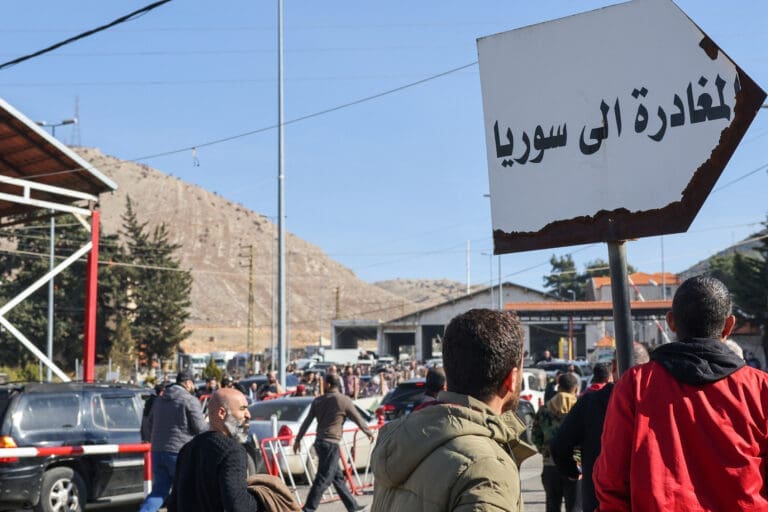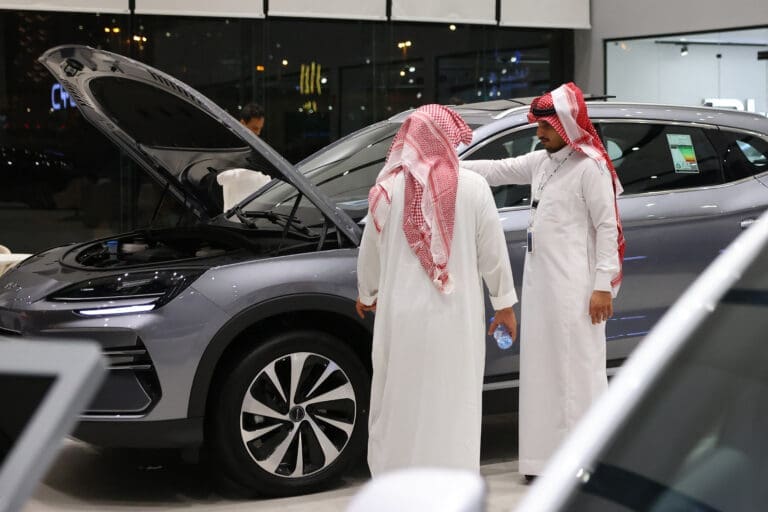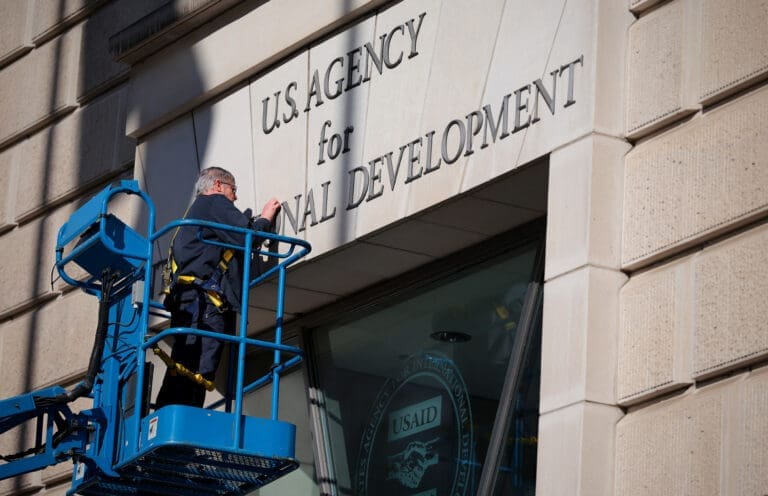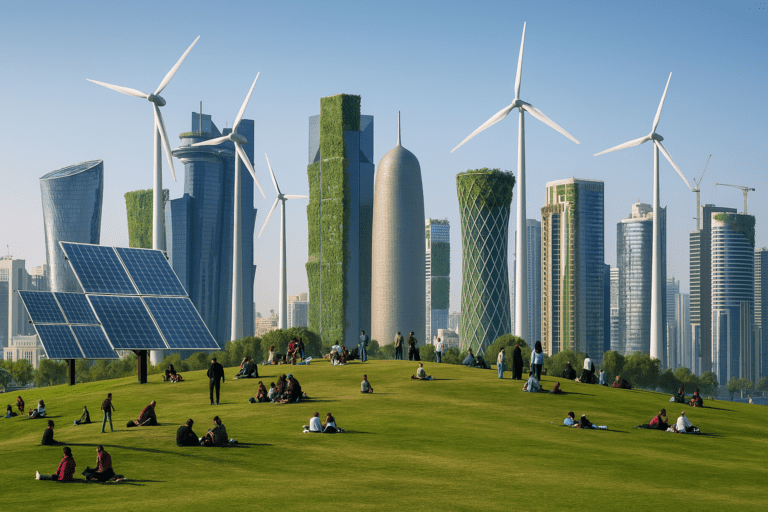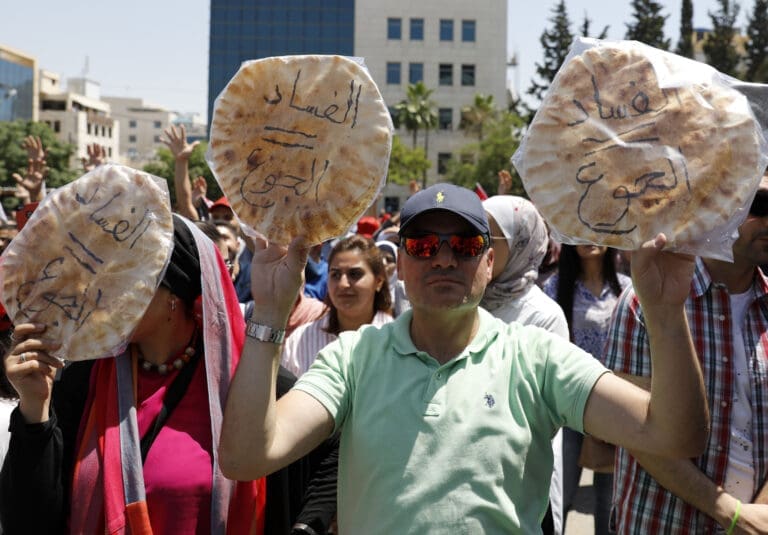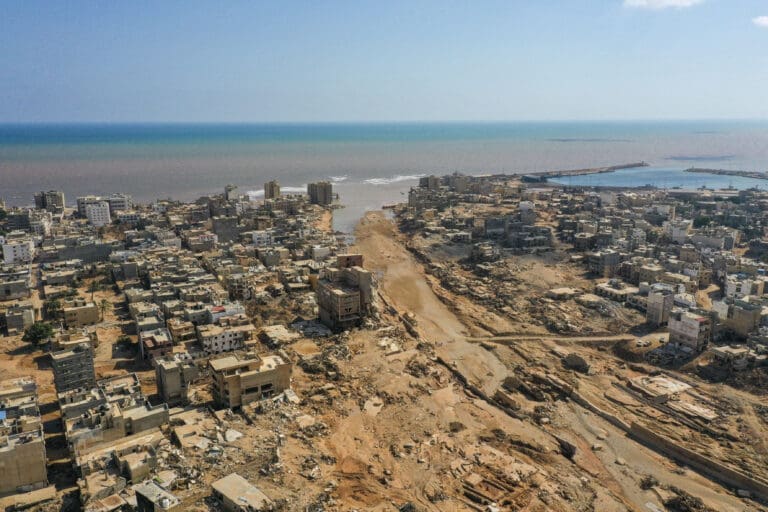
November 12, 2025
Rebuilding Sudan’s Energy Sector: Pathways to Equitable Post-Conflict Recovery
Key Takeaways Structural and Financial Issues Weigh Heavily on Sudan’s Energy Sector: The sector is structurally weak, highly centralized, and underfunded, with aging infrastructure and inefficient, state-dominated operations. Conflict has damaged key assets and prevented rebuilding. Low Capacity is Obstructing Adoption of Renewables: Operational inefficiencies and a shortage of technical expertise are hindering uptake. Some… Continue reading Governance and Development Program
learn more

October 28, 2025
Gulf Industrial Policy in a Changing Global Economy
Industrial policy, which is the proactive effort by governments to support strategic industries, is experiencing a global resurgence after years of neglect. However, even when interest waned globally, industrial policy had continued to play a key role among Gulf Cooperation Council (GCC) governments.
learn more

October 14, 2025
MENA Food Subsidies Are Here to Stay — For Now
The Middle East and North Africa (MENA) region has historically relied heavily on subsidies, a form of government assistance that entails the provision of select goods or services at below-cost prices. Fundamentally a price stabilization mechanism and a buffer against the detrimental impacts of economic shocks, subsidies across the region have evolved into instruments of social protection aimed at alleviating poverty and addressing social inequalities, by lowering the cost of living and improving the access of low-income households to food and energy staples. In resource-abundant countries, they further serve as wealth redistribution mechanisms
learn more

September 18, 2025
Gulf SMEs and the Post-Oil Economy: Lessons from the Mittelstand Model
As the Arab Gulf states transition away from reliance on hydrocarbons and seek to diversify their economies, governments are fostering industries that complement the oil sector, like mid- and downstream industries, logistics and increasingly, sectors less related to hydrocarbons, like tourism and finance. This pivot is underpinned by a digital transformation.
learn more

July 31, 2025
After the Shock: The Israel-Iran War’s Economic Impact on the Gulf
The 12-day war between Israel and Iran in June 2025 sent shockwaves through the Gulf, not for its immediate economic damage, but for what it revealed: the fragility of the Gulf’s security assumptions, the limits of U.S. protection, and the looming threat to vital trade routes. While oil prices and markets quickly rebounded, the psychological and strategic consequences have left Gulf states grappling with new uncertainties. This analysis explores the conflict’s economic aftermath and what it means for the future of GCC resilience, defense, and diplomacy.
learn more

May 30, 2025
Gas, Growth, and Green Ambitions: Qatar’s Climate Blueprint
For decades, Qatar has occupied a unique position on the global stage: with vast natural gas reserves, the nation has the world’s highest per capita carbon emissions, yet it only contributes, and has contributed, minimally to global greenhouse gas totals. This conundrum lies at the heart of Qatar’s climate challenge—a balancing act between leveraging its hydrocarbon wealth and responding to the mounting global pressure to decarbonize
learn more

May 23, 2025
Localizing Renewable Energy Supply Chains in the Gulf: Ambitions, Challenges, and Strategic Pathways
Despite their abundant oil and gas wealth, the member states of the Gulf Cooperation Council (GCC) are cautiously navigating the energy transition. Growing international pressure for decarbonization, falling solar and wind technology costs, and the economic imperative to diversify beyond oil have led them to explore renewable energy supply chains to diversify their economies and enhance their energy security
learn more

May 20, 2025
From Exile to Uncertainty: Syrian Refugees in Lebanon Consider Returning Home
The fall of the Assad regime after almost 14 years of war has brought hope to many Syrian refugees that a long-awaited return home is possible. The shift also comes as welcome news for the governments of host countries—not least Syria’s neighbor Lebanon, where politicians have long claimed that the presence of hundreds of thousands of refugees places a heavy burden on scarce resources.
learn more

March 19, 2025
EVs and Batteries in the Gulf: Industrial Policy amid Tariff Wars and the Battle for Market Access
As the Gulf states set their national strategies for digital and green transitions, electric vehicles are flooding into the traditionally fossil fuel-driven auto markets of the Gulf — especially in the Kingdom of Saudi Arabia, the United Arab Emirates, and Qatar.
learn more

February 24, 2025
USAID in MENA: A Requiem
The Trump Administration began the morning of February 3, 2025, by telling staff and contractors of the United States Agency for International Development (USAID) to stay home. Elon Musk and his team at the newly minted Department of Government Efficiency (DOGE) spent the day digging through staff computers, digital records, and accounts seeking information on programs they felt were wasteful or not aligned with the new administration’s priorities.
learn more

January 16, 2025
Carbon Emissions Reduction Strategies for Qatar
Climate change is high on the agenda of countries around the world. Efforts to limit the average global temperature increase to less than 1.5°C – an amount that scientist say would limit the most dire consequences of climate change – have so far faltered. Recent United Nations Climate Change Conferences have focused on exploring ways to substantially cut carbon emissions and scale up financing for emissions reductions.
learn more

December 23, 2024
How Effective Are Arab Anticorruption Agencies? Is the Glass Half Empty or Half Full?
Concerns about corruption have been at the center of public dissatisfaction over the quality of governance in many Arab countries. Anger over bureaucratic indifference and malfeasance was one of the main drivers behind the Arab Spring in 2010 and 2011. In 2019, corruption concerns animated the unrest in Lebanon, Iraq and Sudan. Polling data from… Continue reading Governance and Development Program
learn more

August 22, 2024
Division and Disaster: Libya’s Political Fragmentation and Response to the Derna Flood
A devastating flood hit the Libyan city of Derna on September 10 and 11, 2023. It resulted from the collapse of two dams after heavy rainfall pounded the eastern coastline of Libya due to Storm Daniel’s passage through the Mediterranean.
learn more


